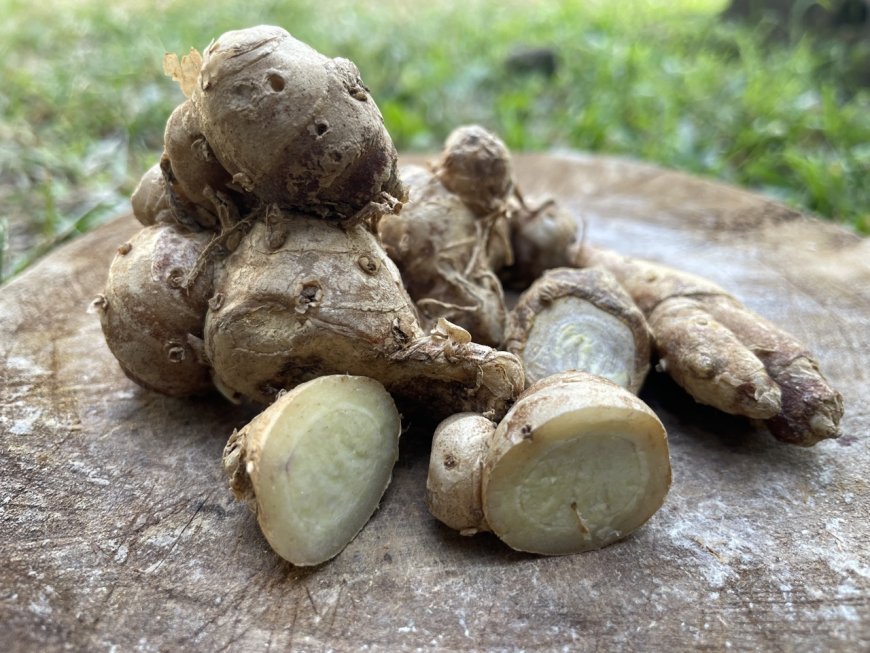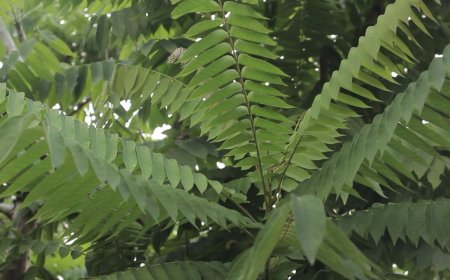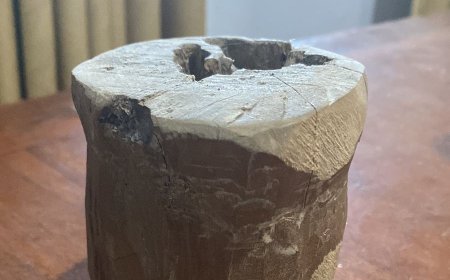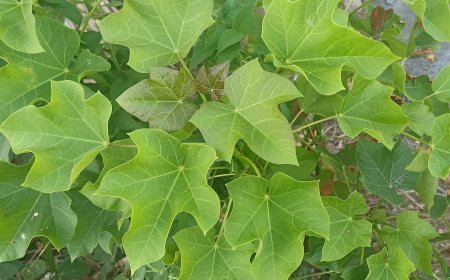For centuries, nature's bounty has been an invaluable source of medicine for our ancestors. Knowledge of various medicinal plants has been passed down from generation to generation. Like many regions in Indonesia, the Balinese also have a deep understanding of the usefulness of plants as medicinal herbs. The richness of Balinese culture in traditional medicine is contained in the lontar usada Bali. Lontar usada Bali is a manuscript that contains a system of medicine, medicinal materials, and traditional treatment methods in Bali.
Usadha Bali consists of 20 valuable lontar, one of which is Lontar Usadha Mala. Lontar Usadha Mala is believed to have been written around the 11th to 12th century AD or during the reign of King Udayana Warmadewa. This Lontar is the work of Hindu priests in Bali. It reveals the richness of traditional Balinese medicine that uses natural ingredients such as spices, plants and animals. All these components are processed into medicinal concoctions that can be used both internally and externally. In its 9 pages, the lontar introduces 29 types of medicinal plants, with one of them being the famous Cekuh.
Cekuh, also known by its scientific name Kaempferia Galanga, is an herb that grows in many parts of Indonesia. Cekuh is one of the most popular spices and is often used in various dishes in Indonesia. Cekuh has a rhizome root similar to ginger, but smaller and usually white or pink in color. The rhizome is shaped like a folded finger and has rough skin. Its distinctive fragrant aroma is the main characteristic of this spice. Its spicy, warm and slightly bitter taste gives dishes a unique flavor dimension. Cekuh is often processed by thinly slicing or mashing, then used as one of the components in making various types of spices such as Balinese seasoning.
Cekuh not only adds flavor and aroma to dishes, it is also often an important part of the health world. Cekuh contains a variety of active compounds, including essential oils, gingerol, zingiberen, and various phenolic compounds. One of the most striking advantages of cekuh is its ability to relieve inflammation. In addition, these compounds also have antioxidant capabilities that can inhibit cell damage and various health problems. This is evident from a study published in the journal "Food Chemistry" in 2013 which showed that Cekuh extract can increase antioxidant activity in the human body. Cekuh is also known to have antimicrobial capabilities that are beneficial in fighting infections and maintaining a healthy body.
In the world of traditional medicine, cekuh has become a top choice for treating various digestive problems that often plague health. One of the main benefits of cekuh is its ability to treat nausea, stomach upsets, or bloating. The natural compounds in cekuh can help relieve discomfort in the digestive system and promote better balance. Not only in digestive issues, cekuh has also been an important part of traditional medicine to treat cough and cold symptoms. The essential oils in cekuh have properties that can help soothe irritated respiratory tracts and facilitate easier breathing.
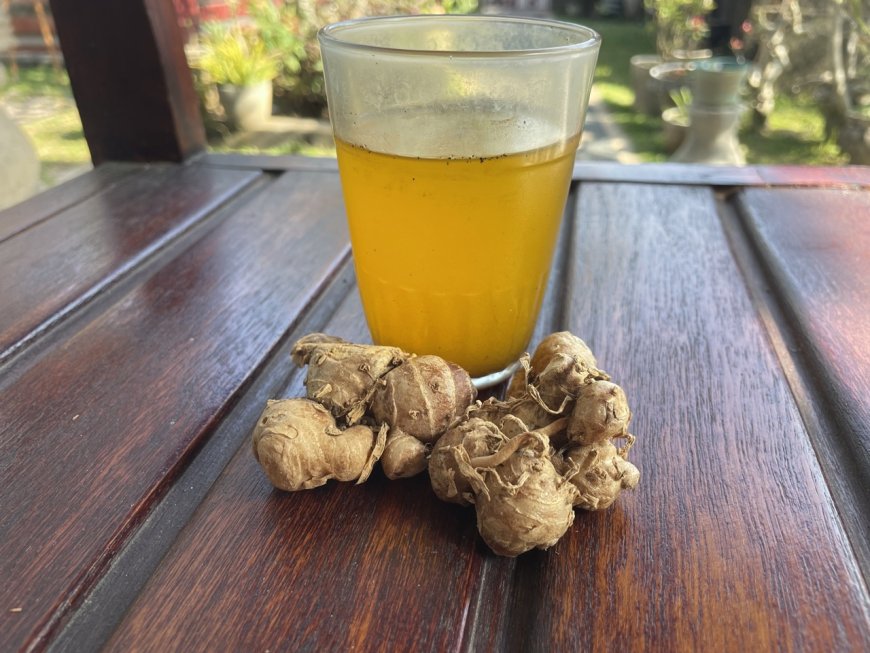
Cekuh Concoction (Source : Private Collection)
In Lontar Usadha Mala, there are 11 cekuh-based recipes that are effective in overcoming the various types of mala illnesses described in the lontar. One of them is the Jampi type of mala. Jampi is a type of illness that originates from adverse influences from the environment, such as dirty air or polluted water. Jampi symptoms usually include fever, chills, cough and runny nose. According to the contents of Lontar Usadha Mala, this type of illness can be cured with a concoction that uses cekuh as the main ingredient. The concoction requires three slices of cekuh, as well as a combination of isinrong, isen, kunir, gamongan, and some additional ingredients such as mica gundil and Java chili. This recipe aims to treat, inhibit the progression of the disease, neutralize its negative effects, and even keep us from getting Jampi-type mala diseases.
Apart from Jampi-type diseases, cekuh can also be used as a treatment for Upas. According to Lontar Usadha Mala, Upas is a disease triggered by the bite of a venomous animal, such as a snake. Symptoms include fever, chills, nausea, vomiting, and pain in the area affected by the bite. The curcumin content in cekuh has anti-inflammatory properties that can help relieve inflammation at the bite site. In addition, cekuh, which is rich in antioxidants, can also protect the body's cells from damage caused by can. Lontar Usadha Mala indicates that applying mashed cekuh to the bitten area or consuming cekuh boiled water can help relieve the symptoms of Upas disease.
In Lontar Usadha Mala it is also stated that cekuh has the ability to cure diseases with sebaha properties. Sebaha is a type of illness that arises due to the negative influence of certain objects such as amulets, aji-aji, mantras, or cetik. It can cause symptoms such as mental disturbances, strange behavior, and even paralysis. To treat this kind of illness, a concoction made from a mixture of several ingredients such as cekuh, ginger, orange leaves, and honey is used. It is important to remember that the treatment of Sebaha type of disease is a very sensitive issue, not everyone has the ability to treat it effectively, especially since this type of disease cannot be scientifically proven.
The use of concoctions and heritage knowledge in Lontar Usadha Mala reveals the depth of Balinese culture and traditional medicine. The natural treasures used in these remedies have helped them take care of their physical and mental health for centuries. Cekuh, with all its compounds and benefits, has been an important element in the recipes recorded in this lontar. Thus, Lontar Usadha Mala and the use of cekuh reminds us of the importance of preserving and understanding the values of cultural heritage and natural resources in treating health and managing illnesses. It is a unique blend of tradition, natural knowledge and well-being that remains relevant today.
